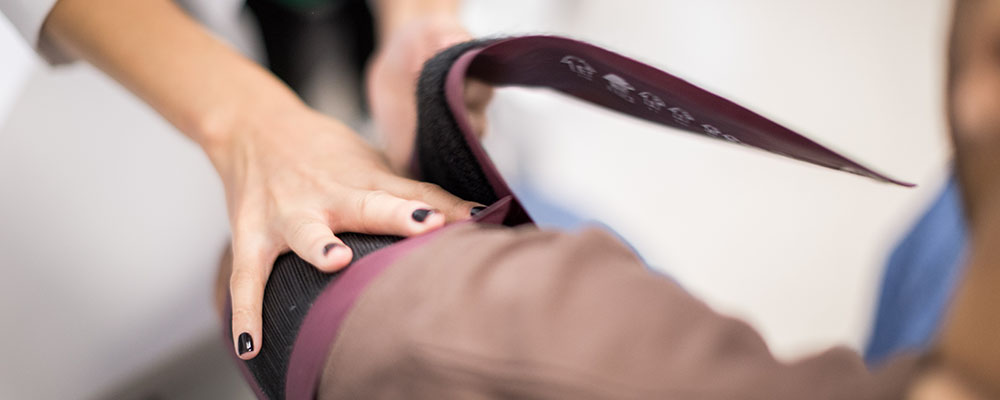Heart Tests
It’s critically important to be able to differentiate heart and vascular-related conditions from non-cardiovascular illnesses with similar symptoms. It’s how you can be sure you’re getting an accurate diagnosis and appropriate treatment options. Mount Carmel's experienced team of board-certified cardiologists and medical professionals have the special training, experience and technology to give you both. We have the facilities, too.
Our echocardiography labs at all three campuses are accredited by the Intersocietal Commission for the Accreditation of Echocardiography Laboratories (ICAEL) and our nuclear labs are accredited by the American College of Radiology. And we use them to identify heart and vascular-related ailments with a comprehensive array of diagnostic tests, including:
Arteriography
An arteriogram, also called an angiogram, is a series of X-rays in which a contract dye is injected to show the flow of blood through the blood vessels.
Cardiac Catheterization
Cardiac catheterization is an invasive diagnostic test used to pinpoint the size and location of plaque that may have built up in the coronary arteries and determine if you need intervention or surgery.
Cardiac MRI
A cardiac MRI (CMR) uses a specialized magnet with radio frequencies to take both still and moving pictures of your heart and major blood vessels to accurately evaluate their structure and function.
Cardiac Computed Tomography Angiogram (CTA)
A cardiac computed tomography angiogram (CTA) uses advanced CT technology, along with an intravenous dye, to capture high-resolution, three-dimensional images of the moving heart and blood vessels. Calcium scoring can also be performed to detect calcium buildup in the lining of the arteries while the heart is beating.
Dobutamine Stress Echocardiogram
Another form of stress echocardiogram, a Dobutamine Stress Echocardiogram uses a drug to stimulate the heart and make it "think" it’s exercising, then evaluates heart and valve function to determine how well your heart can tolerate activity, your likelihood of having coronary artery disease, and the effectiveness of your cardiac treatment plan.
Echocardiogram
An echocardiogram, often called an "echo", uses high-frequency sound waves to graphically illustrate the heart's valves and chambers and record its movement.
Electrocardiogram
An electrocardiogram, also called an EKG or ECG, is a test that records the electrical activity of the heart through 10 small electrode patches attached to the chest, arms and legs.
Electrophysiology Study
An EP study records the electrical activity and measures the electrical pathways of the heart, and is used to determine the cause of heart rhythm disturbances.
Exercise Stress Echocardiogram
This is an echocardiogram that’s performed during exercise on a treadmill or stationary bicycle. It can be used to visualize the motion of the heart's walls and pumping action under stress and can reveal a lack of blood flow that other heart tests can miss.
Holter Monitor
A Holter monitor is a lightweight portable EKG that monitors the electrical activity of the heart 24 hours a day for one to five days.
Magnetic Resonance Angiography (MRA)
Magnetic resonance angiography (MRA) uses a magnetic field and pulses of radio wave energy to provide a picture of blood vessels inside the body and detect problems within the blood vessels.
Nuclear Stress Test
A nuclear stress test measures blood flow to the heart muscle while it’s at rest and under stress, and can identify damaged heart muscle and areas of low blood flow.
Stress Tests
Stress tests determine the amount of stress the heart can handle before developing either an abnormal rhythm or lack of blood flow.
Tilt Table Test
The head-up tilt table test is often used to determine the cause of fainting spells.
Transesophageal Echocardiogram (TEE)
During a transesophageal echocardiogram a small probe is inserted down the back of the throat through the esophagus to view of the heart’s pumping and valve functions.

